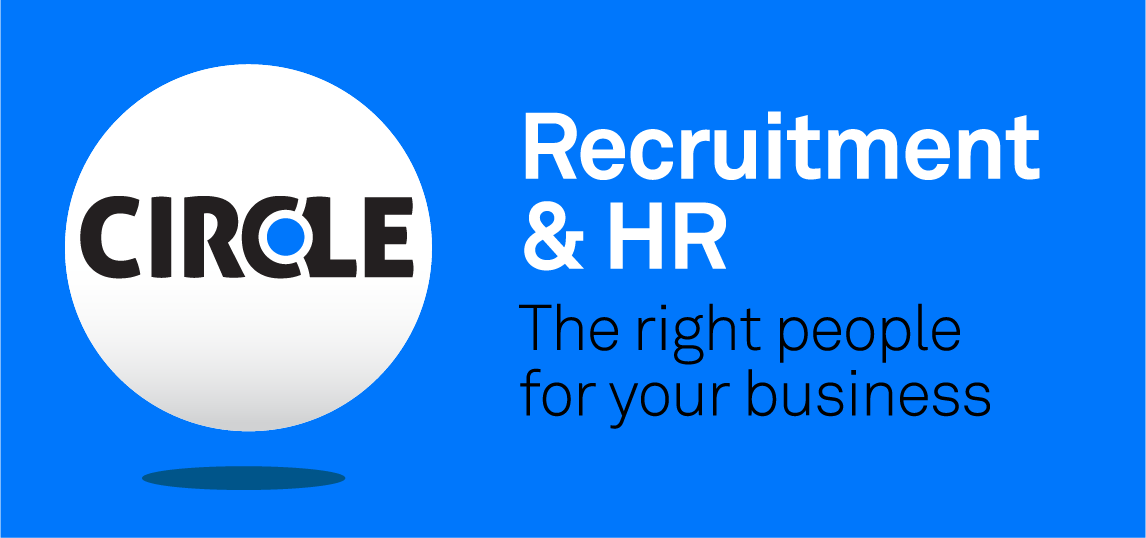Generally a business can not control what their workers do once they leave the workplace and are within their private lives. However, employees need to understand that it is all based around the links to the business. If comments get back to the business, and the business is identifiable, there may be cause for action. Identifiable does not just mean ‘naming’ the business; it could be identifiable through association. The worker can receive a direction to refrain from further comments and dismissal may be held to be legal if there was substantial adverse effects to the business or reputation of the business.
Employers should not however take this to mean that you can automatically terminate the employment of a worker over comments made by social media. Each case is judged on its own merit and individual situation. It can even depend on the audience of the post – did it just go to the persons friends. Would these people know who the person works for? That is, could the business be identified or not?
Review sites, are the flavour of the moment, with everyone becoming a reviewer. Think about Trip Advisor and the amount of on-line reviews you can read. Some good, some bad and some terrible! What can a business do about that? One thing that is noticeable, is that the more quality the organisation being reviewed, the more likely that they are to respond to all reviews. They may thank a reviewer for their kind words, offer a solution to a difficult situation, or address negative feedback. What ever they do, this type of response speaks volume about the attitude and quality of the organisation.
Even businesses not in travel, now can be reviewed with employees leaving anonymous reviews on the workplace. These can lead to your business being ranked by the comments left. There is not much you can do about that! Ultimately, we would like to assume, that if you run a good quality business, you won’t have any negative feedback, but you can’t please all of the people all of the time – there is always one!
A great way to look at this, is that you would like to know what your employees are saying about you, these sites can give you great insight. Open and responsive communication is what the best workplace cultures develop, however, if you have that at work already, one would assume that your workers would come to their supervisors with issues, not a online forum – but then we are dealing with people. If you discover that your workers are talking on these sites, perhaps your workplace culture is not as open as you thought it was. Often it is not the major event, that is the catalyst for your business, but your response to that major event.
Continual monitoring of online sites is an important part of any business social media processes. Engaging with comments and acknowledging negativity is a strong quality mechanism for any organisation. Other aspects to consider, include:
• bullying and is it occurring in an online scenario?
• Is there any harassment, discrimination or vilification of certain groups.
• Do you as an organisation need to think about the Work Health and Safety implications of what you are reading?
• Do you have a duty of care?
There are so many considerations to take into account with the social media phenomenon. Safety of your workers, mental health, reputation of your business, your business voice, monitoring, responses, ongoing management.
Best to start at least with a strong Social Media Policy so you have some base line parameters to work with. Call CIRCLE Recruitment & HR and we can set up your legally written Social Media Policy today – 1300 923 000
Important Note: These articles have been prepared for general circulation and are circulated for general informational purposes only; these articles should not be regarded as business or investment advice. The articles represent the views of the writers and are subject to change without notice. Additionally, while every care has been taken in the preparation of the articles no representation or warranty as to accuracy or completeness of any statement is given. An individual or organisation should, before any business or investment decision is made, consider the appropriateness of the information in this document, and seek professional advice, having regard to objectives, situation and needs. This document is solely for the use of the party to whom it is provided.
